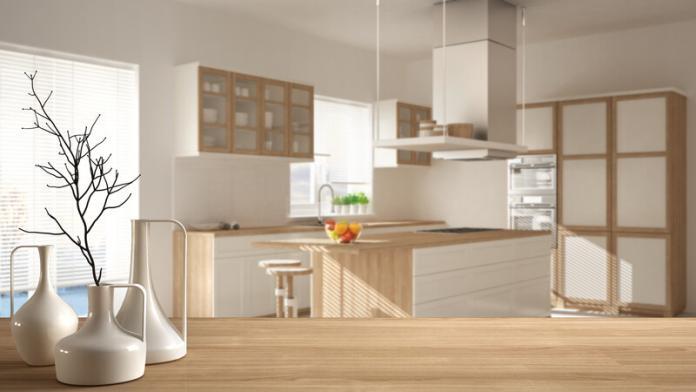To choose between similar homes, consider key factors that can greatly influence your decision. Use this guide to evaluate these factors and ensure that the home you choose meets your needs and preferences.
Location
The location of a home is a crucial factor to consider when comparing similar properties. The neighborhood, proximity to schools, access to amenities, and commuting distance to work are all important aspects to evaluate. A desirable location can enhance your quality of life and contribute to the long-term value of the property. Consider the overall safety and security of the neighborhood. Research local crime rates and speak with residents to get a better understanding of the area. Assess the availability of essential services such as grocery stores, healthcare facilities, and recreational areas. Take into account the proximity to schools if you have children or are planning to start a family. Access to quality education is a priority for many homebuyers. Evaluate the commute to your workplace and factor in the time and cost associated with transportation.
Affordability
Affordability is a critical aspect of any home purchase. It is important to establish a realistic budget and determine what you can comfortably afford before comparing similar homes. Evaluate the purchase price, property taxes, insurance costs, and any potential homeowner association fees. Falling behind on payments can mean you need to sell your home to avoid financial trouble. Consider your current and future financial situation, including any potential changes in income or expenses, when assessing affordability. It is essential to consider the cost of maintenance and repairs. Older homes may require more frequent upkeep, while newer homes often have fewer immediate expenses. A thorough inspection can help identify any potential issues that may impact affordability in the long run.
Floor Plan
The layout and flow of a home, often referred to as the floor plan, can significantly impact your daily living experience. Consider how well the floor plan accommodates your lifestyle, both in terms of functionality and aesthetics. Evaluate the size and number of rooms, the placement of windows for natural light, and the overall flow between different areas of the house. Consider whether the home meets your current needs and if it can adapt to any future changes, such as growing families or working from home. Take note of any potential limitations or challenges that may arise from the floor plan. A lack of storage space or awkward room layouts can affect your ability to organize and furnish the home effectively. Assessing the floor plan can help you envision how you would utilize and enjoy the space.
By carefully considering these factors and weighing them against your personal preferences and priorities, you can confidently choose the home that best suits your needs and aspirations. Take your time, do your due diligence, and seek the guidance of a trusted real estate agent who can provide valuable insights and support throughout the home-buying process.
Did you enjoy reading this article? Here’s more to read: How to Properly Keep Kitchen Tile Clean







